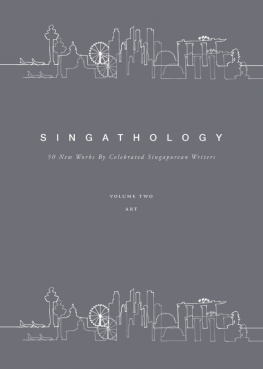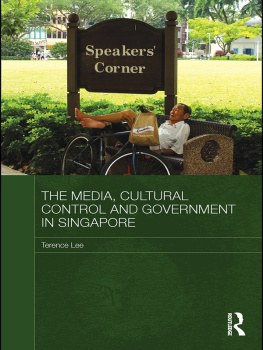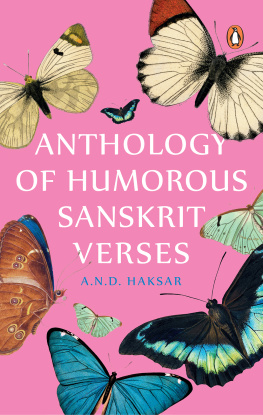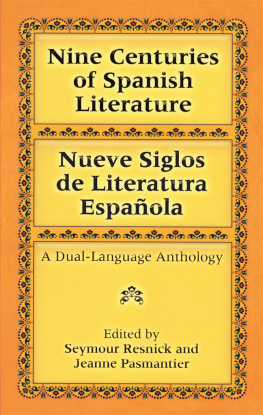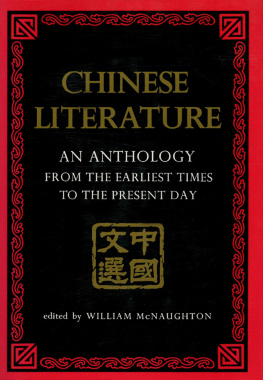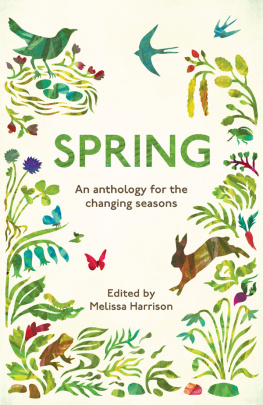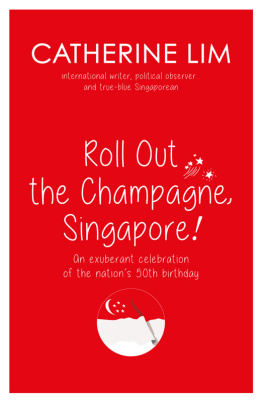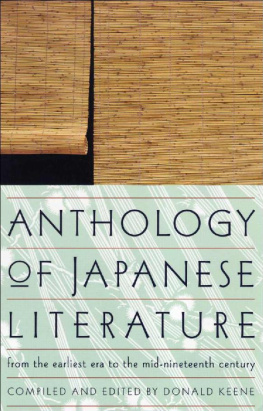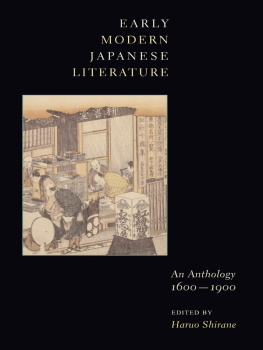SINGATHOLOGY
50 New Works by Celebrated Singaporean Writers
CO-PUBLISHED BY

SINGATHOLOGY

SINGATHOLOGY
50 New Works by Celebrated Singaporean Writers
VOLUME ONE
LIFE
Edited by
GWEE LI SUI
with
TAN CHEE LAY
SAEDA BTE BUANG
AZHAGIYA PANDIYAN
CO-PUBLISHED BY

2015 National Arts Council and Marshall Cavendish International (Asia) Pte Ltd
Co-published by National Arts Council and Marshall Cavendish Editions
Marshall Cavendish Editions is an imprint of Marshall Cavendish International
All rights reserved.
No part of this publication may be reproduced, stored in a retrieval system or transmitted, in any form or by any means, electronic, mechanical, photocopying, recording or otherwise, without the prior permission of the copyright owner. Requests for permission should be addressed to the Publishers, Marshall Cavendish International (Asia) Private Limited (1 New Industrial Road, Singapore 536196. Tel: (65) 6213 9300. E-mail: .
The publishers make no representation or warranties with respect to the contents of this book, and specifically disclaim any implied warranties or merchantability or fitness for any particular purpose, and shall in no events be liable for any loss of profit or any other commercial damage, including but not limited to special, incidental, consequential, or other damages.
National Library Board, Singapore Cataloguing-in-Publication Data:
Singathology : Fifty New Works by Celebrated Singaporean Writers. Volume One, Life. Singapore : Marshall Cavendish Editions, [2015]
pages cm
eISBN : 978 981 4721 93 6
1. Singaporean literature (English). 2. Singaporean literature (Chinese). 3. Singaporean literature (Malay). 4. Singaporean literature (Tamil). I. Gwee, Li Sui, 1970- editor.
PR6010
808.8995957 dc23 OCN919188968
Printed in Singapore by Craft Print Pte Ltd

To journalise life
In exotic fragrance
Is an exulting poetic gift.
K. T. M. IQBAL


Contents

Introduction: The Age of a Number
BY GWEE LI SUI
What is it that makes the number fifty magical in the lives of individuals and formations? What is it about putting five before zero the middle single-digit number next to nothing that can generate much anxiety and soul-searching? How is this number after forty-nine, after seven cycles of seven, able to disturb and even confuse us? As if our minds are wired to reflect in line with the mystery and beauty of numbers, the number fifty haunts us like a dream of ourselves we cannot decipher.
A country at fifty stands at a symbolic threshold it wishes that it understands in view of some fated awakening. At fifty, a key part of a nations self-image tends to fall away. Or is it coincidental that, when America celebrated its golden jubilee in 1826, its former presidents John Adams and Thomas Jefferson died within hours of each other? How about in 1997 when India observed fifty years of independence from centuries-long European colonialism and its uniting spiritual figure Mother Teresa passed on? Inching towards its own jubilee, Singapore encountered its grave loss too when its most beloved Founding Father departed.
Something perishes, and what survives awakes to the truths of its radical aloneness and its obligation to carry on. The age of fifty is marked by pure closure: the gate to some charmed garden shuts forever and will not open again. As Gabriel Wu Yeow Chong puts it in his poem post-middle age in this anthology,
nevermore will the sky rain down colourful roses
when our desires grow larger.
We are, in a real sense, cast out on an adventure of our own choosing, with nothing but the form we have made of ourselves to rely on. The implements that once secured our footing are no longer enough. Like fermenting wine, we aim more than ever for a soul to grow into.
The word jubilee originated from the Jewish Torah and has been attached to nationhood from the start. Its first use involved not just a celebration but also a commitment to social renewal that could address and transform the burden of the past. Thus, on a jubilee year, every Jewish household was to recover its own lost members and land be returned to its former owners. Slaves and prisoners were to be freed and all debts remitted. The effect of these procedures went beyond being merely conciliatory. They yearned for a social maturing that could honour divine nature and reach into the best of how humans treated one another.
Chinese philosophy, too, sees significance in the number fifty for a lifes otherwise aimless passing of years. Confucius famously spoke of how he might have been less self-possessed before, but, at fifty, he finally understood Heavens Mandate.
At fifty, one has decidedly passed the midpoint of ones life, and, while the best experiences for some have yet to happen, all have already begun to die. A life that still does not know where its centre is at this age is way behind on its own clock.
A nation, by contrast, follows a different, more open timeline. It can if it is not damaged by external politics go on indefinitely for many more cycles of human lives, for as long as destiny allows. A nation at fifty may have achieved the better part of a humans mortal experiences, but it has not yet grasped a central, seldom discussed truth: a country is, in essence, not human. This realisation will come to a people when its own history passes the limit of standard human life say ninety or a hundred and, increasingly from then on, every citizen will acknowledge and behold in awe the monstrosity to which he or she belongs.
A people at its centenary will realise that it is, and has always been, an impersonal collection of fates, of small lives and their choices, rationalised across space and time. A people is an administration of such parts set alongside each other as well as one on top of another. Some parts seem doomed to pursue cycles of errors while others are, in rather limited ways, lifted by the labour of a preceding generation. Thankfully, a centennial nation can no longer grow tired in the way an aged creature grows tired. Recognising that it cannot die on its own, it in fact transcends the idea of age and feeds off age to appear timeless like an oak. A nation tills its citizens like a farmer tills the field, and its harvest is what we call civilisation.
At a hundred, wherever a citizen walks, he or she knows that each of his or her footprints carries the choices of hundreds of thousands who had walked the same path before. This knowledge is a resource, and it grows confidence in habitual outliers such as artists and writers who find that it can bring them mystic solidarity. An artists or a writers decisions become, in some senses, less neurotic because they now come layered with the comfort of ghosts who know why these are made and have to be made. A nation at a hundred, unlike at fifty, understands just how art feeds the generations.

